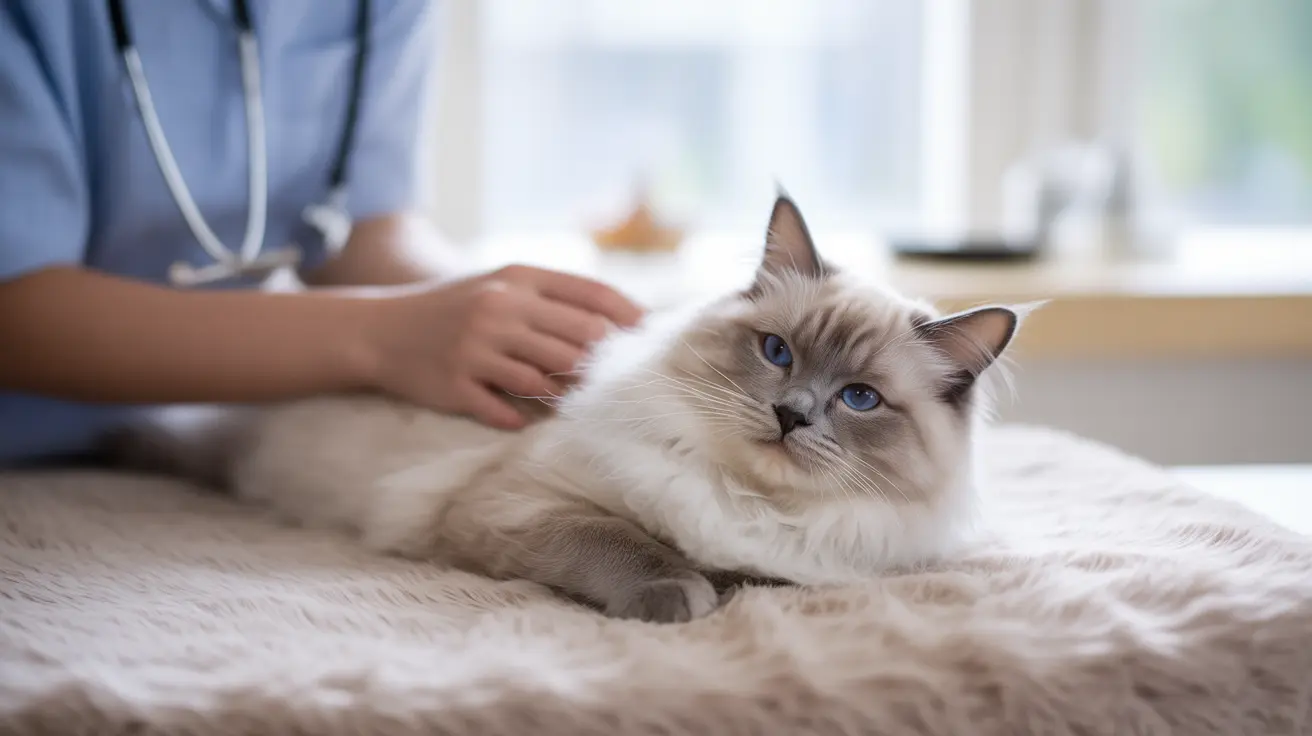When your feline friend develops pancreatitis, early recognition and proper care are crucial for their recovery. This comprehensive guide will help you understand this common yet often misunderstood condition that affects many cats, exploring its causes, symptoms, and treatment options.
As a complex inflammatory condition affecting the pancreas, pancreatitis in cats can present with varying degrees of severity, from mild discomfort to life-threatening complications. Understanding this condition is essential for any cat owner, as prompt intervention can significantly improve outcomes.
What is the Pancreas and Its Function?
The pancreas is a vital organ located near your cat's stomach and small intestine. It serves two primary functions: producing digestive enzymes to break down food (exocrine function) and releasing hormones like insulin to regulate blood sugar (endocrine function). When inflammation occurs, both these crucial functions can be disrupted, leading to various health complications.
Recognizing the Signs of Pancreatitis
Cats are masters at hiding illness, making pancreatitis particularly challenging to detect. Common signs include:
- Decreased appetite or complete food refusal
- Lethargy and withdrawal from normal activities
- Vomiting and weight loss
- Dehydration
- Abdominal pain (though cats often mask this symptom)
- Increased body temperature
- Changes in litter box habits
Common Causes and Risk Factors
While the exact cause of pancreatitis in cats often remains unknown (idiopathic), several factors may contribute to its development:
- Inflammation of nearby organs (liver or intestines)
- Physical trauma
- Certain medications
- Infections
- Concurrent diseases like diabetes or liver problems
Diagnosis Process
Veterinarians use multiple approaches to diagnose pancreatitis in cats:
- Blood tests, particularly feline pancreatic lipase immunoreactivity (fPLI)
- Abdominal ultrasound
- Physical examination
- Complete medical history review
- Additional testing to rule out other conditions
Treatment Approaches and Management
Treatment for pancreatitis in cats focuses on supportive care and symptom management:
- Fluid therapy to address dehydration
- Pain management medications
- Anti-nausea drugs
- Nutritional support
- Treatment of any underlying conditions
- Careful monitoring and adjustment of treatment as needed
Prevention and Long-term Care
While preventing pancreatitis can be challenging, certain measures may help reduce risks:
- Regular veterinary check-ups
- Maintaining a healthy weight
- Proper diet management
- Prompt attention to any changes in behavior or appetite
- Stress reduction in the home environment
Frequently Asked Questions
What are the common symptoms of pancreatitis in cats that I should look out for?
The most common symptoms include decreased appetite, lethargy, vomiting, weight loss, and dehydration. Some cats may also show signs of abdominal pain, though they often try to hide their discomfort.
How is pancreatitis diagnosed in cats, given its nonspecific clinical signs?
Diagnosis typically involves a combination of blood tests (especially fPLI), abdominal ultrasound, physical examination, and careful review of symptoms. Your veterinarian may also perform additional tests to rule out other conditions.
What is the best diet for a cat recovering from pancreatitis?
Recovery diets should be easily digestible and prescribed by your veterinarian. Small, frequent meals are often recommended, and force-feeding should be avoided to prevent food aversion.
Why do cats often hide signs of pancreatitis, and how can I detect it early?
Cats naturally hide illness as a survival instinct. Early detection requires careful observation of subtle changes in behavior, appetite, and activity levels. Regular veterinary check-ups can help catch problems early.
What are the most effective treatments for pancreatitis in cats, and how do they impact recovery?
The most effective treatments include fluid therapy, pain management, anti-nausea medications, and nutritional support. Early intervention and appropriate supportive care significantly improve recovery outcomes.
Understanding pancreatitis in cats is crucial for providing the best care for your feline companion. With proper recognition of symptoms and prompt veterinary care, many cats can recover successfully from this challenging condition. Always consult with your veterinarian if you notice any concerning changes in your cat's behavior or health.






